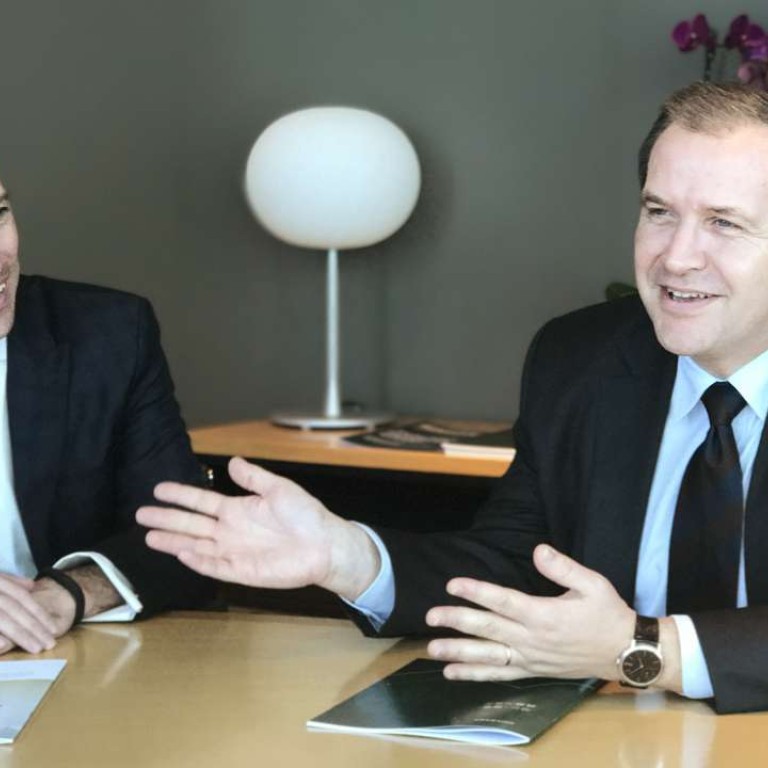
Trump deregulation to have little impact on private banks, says UBP
UBP head of private banking acknowledges compliance is an ever present cost, but still targets higher growth in Asia region
Regulatory changes in Washington that have boosted shares in investment banks will have little affect on private banks, globally or in Asia, according to Michel Longhini who heads global private banking for Switzerland based Union Bancaire Privée.
Nonetheless Longhini said that UBP, which acquired the Asian business of British private bank Coutts last year, is still planning further growth in the region. The bank is aiming to increase its assets under management in Asia to US$15 billion, up from the current level of approximately US$12 billion, but Longhini said this was just a “short term target”.
“Compliance is a clear global trend with which we have to live. I think the requirements on regulatory matters are increasing everywhere ... and are clearly an additional cost,” said Longhini.
“Though I hear that there is a certain president who might be changing that,” he added.
Compliance is a clear global trend with which we have to live. I think the requirements on regulatory matters are increasing everywhere
However, Longhini believes the changes Trump might want to make are unlikely to affect the private banking sector significantly.
“There are two big things for private banks – one is the AML [anti-money laundering] responsibilities, and the other part is taxation transparency, with FATCA in the US and CRS from other countries. At this stage I don’t expect to see significant changes in either,” he said, referring to the US Foreign Account Tax Compliance Act and the multi-jurisdictional Common Reporting Standards.
UBP’s acquisition of Coutts was an assets only transaction and, as such, UBP did not inherit Coutts’ legal issues or liabilities.
Nonetheless, Michael Blake, head of Asia Pacific for UBP, described 1MDB as “a wake up call for the industry generally”.
“It emphasised the need to ensure high level of client take on and monitoring, and the need to make sure you get the culture right,” Blake said.
One impact of the growing attention paid to compliance is that private banks around the region have been forced to remove a number of higher risk clients from their books.
“With the Coutts acquisition, we brought in the clients after a selection process and due diligence, and there had already been a huge review of the portfolio in Asia prior to the acquisition,” Longhini said.
“High risk clients, and politically exposed people have to be reviewed on a case by case basis when you make an acquisition, and there is always a certain number you don’t take on board, but in the case of Coutts it was a very small number.”
With these clients now checked and integrated into the UBP system, the goal for the bank it to do more with them.
“We will make further hires, and we need to reach our near term target of US$15 million of assets under management, but in the short term there is capacity in the existing client base,” said Longhini.
“Expansion is the plan, but we want to expand through adding to our product offering and advisory capacity in the region, with things like such as private debt, and global high yield products. We are lucky with this acquisition that we have a good book of clients that stayed with us through the integration and the goal is now to unlock this potential.”

